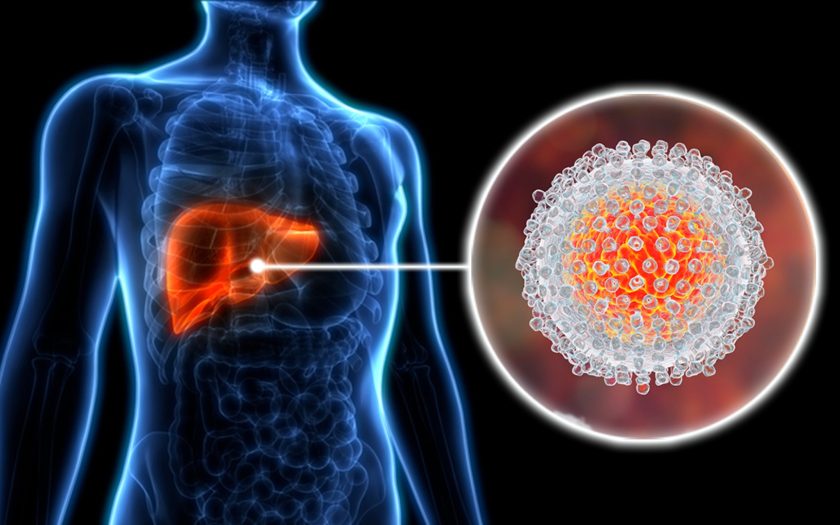Dress appropriately for the weather and always wear a hat.
Hot weather can be exhausting for anyone, but if you live with hepatitis C, it’s especially important to be careful in the heat. High temperatures increase the strain on the entire body, particularly on the liver. To avoid this, it’s crucial to choose the right clothing during the summer. Choose lightweight items made from natural fabrics such as cotton or linen. Light-colored, loose-fitting t-shirts or shirts not only prevent heat retention but also allow the body to “breathe,” helping to avoid overheating. Such clothing helps maintain a stable body temperature without putting extra stress on the liver. An essential part of your summer wardrobe is a hat. A cap or a wide-brimmed hat protects your head from direct sunlight. This is important because overheating of the head causes rapid water loss, disrupts thermoregulation, and can lead to symptoms of heatstroke such as weakness, nausea, and dizziness. For people with hepatitis C, these conditions are especially dangerous as they further complicate the function of an already weakened liver.
Avoid taking medications without a doctor’s prescription.
One of the most important recommendations for people with hepatitis C during hot weather is to avoid taking medications without first consulting a doctor. With this condition, the liver is already under increased stress, and additional medications can cause unwanted side effects. For example, many over-the-counter painkillers or antipyretics, though they may seem harmless, can have toxic effects on the liver. This is especially true for medications often taken during the heat — for headaches or colds. Taking them uncontrollably can worsen liver function and trigger a flare-up. Therefore, before taking any medication — even one that seems familiar or safe — it is crucial to consult your doctor. But at the same time, do not forget or interrupt the course of taking hepatitis C medications (for example, Daclahep, Hepcinat, Natdac, SoviHep, Rebetol). If you have any concerns, be sure to talk to your doctor.
Avoid carbonated and sugary drinks.
Although on hot days there’s a strong desire to cool down and quickly quench your thirst, popular carbonated drinks can have the opposite effect — not only do they negatively affect the digestive process, but they also place additional stress on the liver. Carbonated beverages contain carbon dioxide, which can lead to bloating and abdominal discomfort. If you have a disease such as hepatitis C, your liver is already working under increased stress, and drinking such drinks can cause discomfort and even aggravate the symptoms of the disease. Additionally, sugary drinks are high in sugar, which promotes fat accumulation in the liver and increases the risk of developing steatosis, further complicating the disease. Instead of sugary sodas, it’s better to choose plain water or unsweetened herbal teas — they hydrate the body without stressing the liver. Natural compotes or fruit drinks without added sweeteners can also be a healthy and refreshing option.
Avoid excessive use of air conditioners.
Sudden temperature shifts between cool indoor air and hot outdoor heat can place additional stress on the immune system and liver. For example, spending long periods in overly air-conditioned rooms may lead to colds, inflammation, or flare-ups of chronic conditions. For someone living with hepatitis C, whose liver is already under strain, this can worsen symptoms and overall well-being. To prevent negative effects, it’s best to maintain a moderate indoor temperature. Avoid direct exposure to cold airflow, especially on sensitive areas like the neck, back, and head. Adjust your air conditioner so that the airflow is not directed straight at you, or consider using fans for gentler cooling.
Practice gentle yoga poses before bed.
Yoga helps relax the body, release tension, and improve sleep quality — all of which are crucial for liver recovery. Gentle evening yoga poses promote deep relaxation and help lower stress levels, which can otherwise aggravate inflammation in people with hepatitis C. Moreover, yoga enhances blood circulation and supports respiratory function, allowing the body to recover more effectively overnight. Practicing even a few simple poses before sleep can reduce internal tension, elevate mood, and ease discomfort associated with the condition. This becomes especially important during hot weather, when the body needs additional care and rest.

